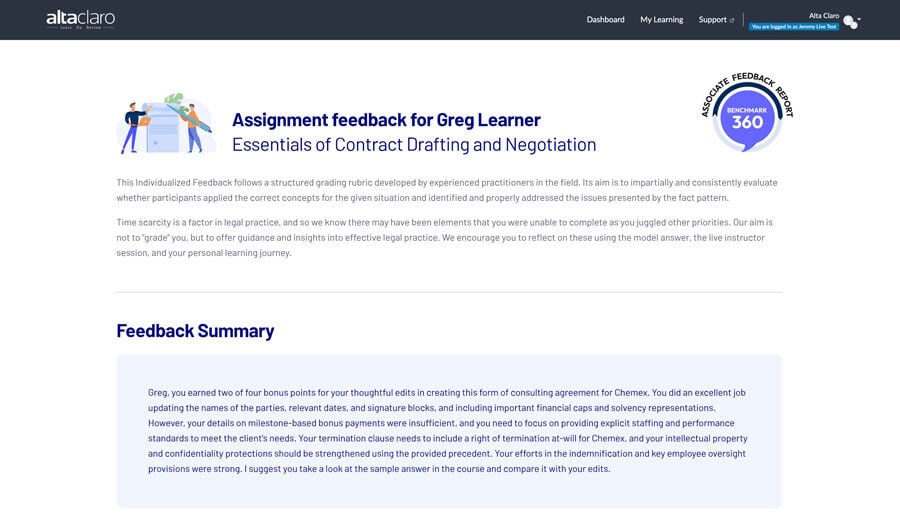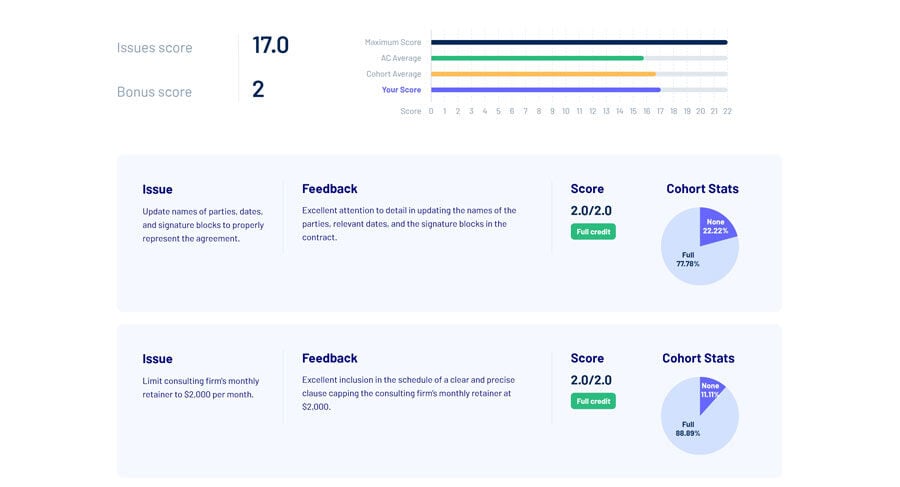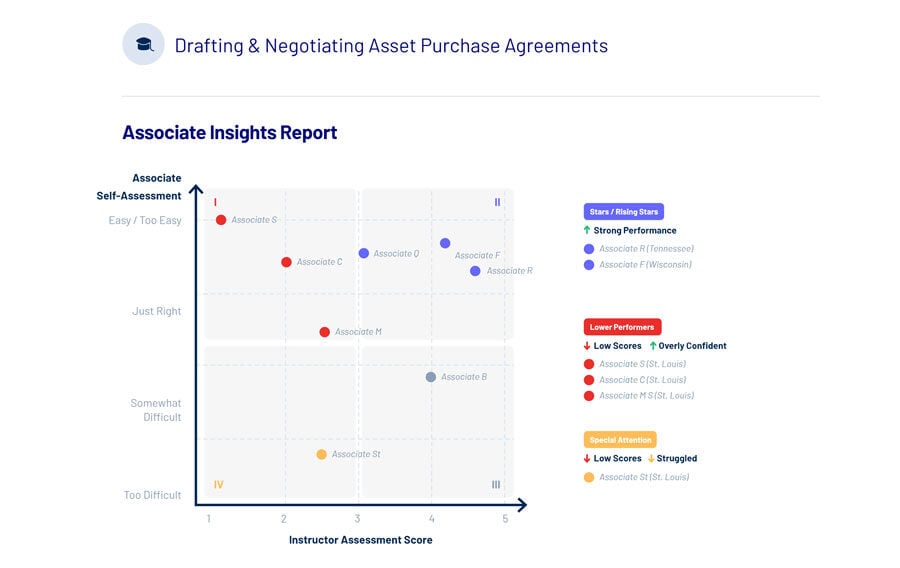This course teaches attorneys about the role and significance of written and documentary discovery in litigation. Participants will learn the fundamental steps and strategies in conducting effective discovery, from drafting well-crafted interrogatories to handling requests for production and admissions proficiently. The course also places emphasis on navigating legal research, maintaining ethical standards, and integrating technology to effectively manage and review documents.
In the first part of the course, associates are introduced to the basic principles of written discovery, learning to draft compelling interrogatories and requests for admission, and corresponding responses. They will explore the process of refining questions to elicit useful information, ensuring the clarity and relevance of each request.
The course then transitions into the nuances of documentary discovery, providing participants with the skills to manage, request, and effectively review the production of documents. The course emphasizes the careful analysis of produced documents to determine their relevance and potential impacts on the case.
Towards the end of the course, attorneys are taught how to apply modern technology in the discovery process for efficient document review and data management. Ethical considerations such as ensuring compliance, maintaining confidentiality, and avoiding spoliation are also discussed. The course provides an in-depth understanding of written and documentary discovery processes, preparing attorneys to efficiently handle this essential phase in litigation. Finally, the course will address discovery disputes and various approaches and strategies to ensure the best outcome for any such dispute.























